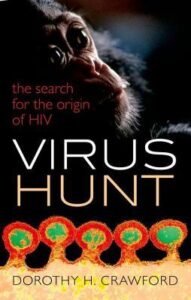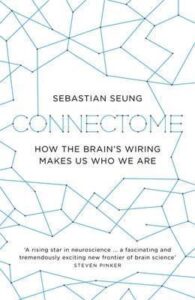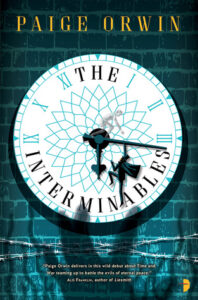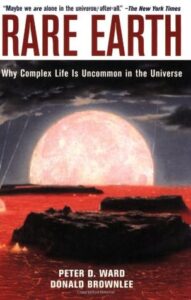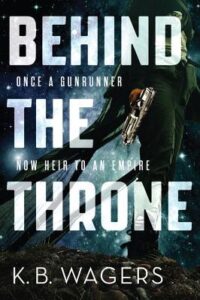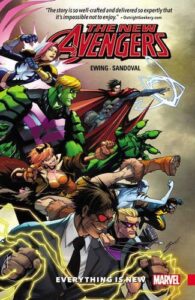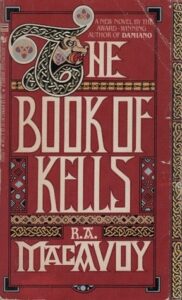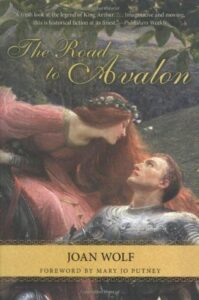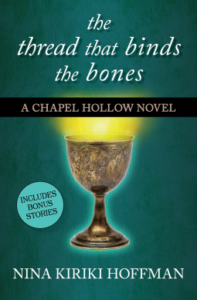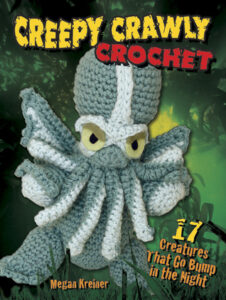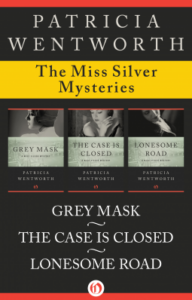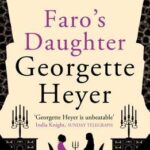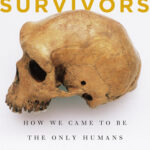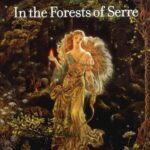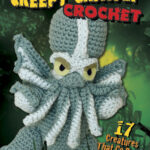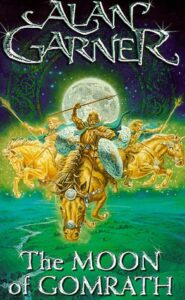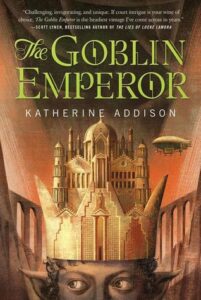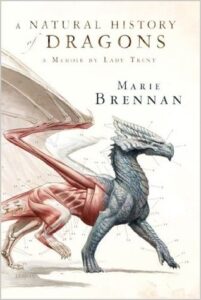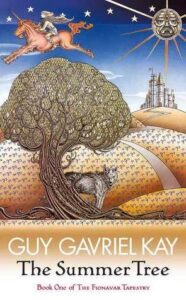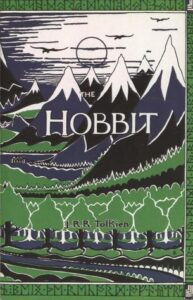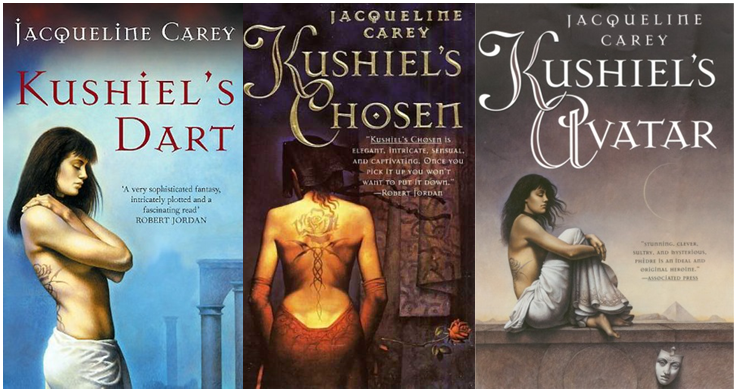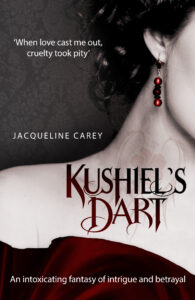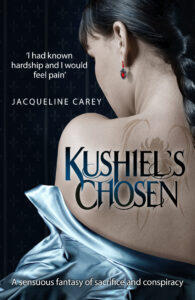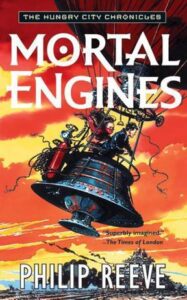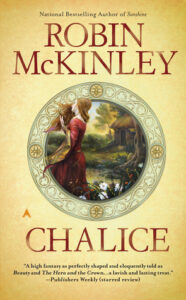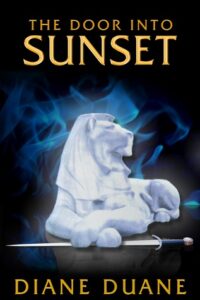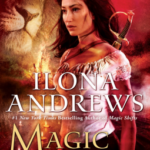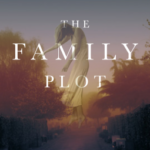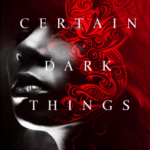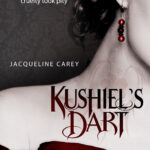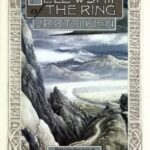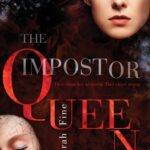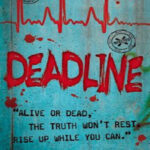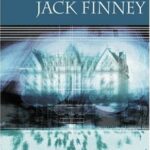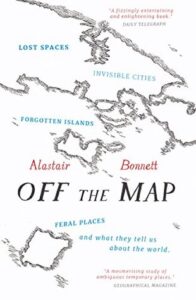Another week gone! And this one brought me plenty of books. I’d say oops, but we all know I love it.
Books acquired:
All pretty impulsive purchases; my sister bought me the one on HIV for my birthday. (I promise, I find it an interesting topic.) Behind the Throne sounds like a lot of fun.
Books to review:
Thank you, Open Road Media and Dover Publications!
Books finished this week:
Reviews posted this week:
–A History of Ancient Egypt, by John Romer. When I think back to the stuff I knew about Egyptology as a kid, it was mostly about the later Pharaohs, despite the compellingness of the Great Pyramid. This book covers the early part of Egypt’s history, up to the end of the period where the pyramids were built. Very worth it, even though it might not be what people expect from a history of Egypt. 4/5 stars
–Stories of Your Life and Others, by Ted Chiang. I’ve found myself wanting to suggest this collection to several friends since I finished it, and I’m very interested to see what the movie version of the title story does with a very linguistically based plot. The writing impressed me, even when I wasn’t a huge fan of the stories themselves (and mostly I did enjoy them). 4/5 stars
–Off the Map, by Alastair Bonnett. I enjoyed that he referenced fiction, including China Miéville’s work, but in the end this was just too light and not what I wanted from the subject. 2/5 stars
–The Door into Sunset, by Diane Duane. It probably doesn’t say anything positive that I was glad to get to the end of the series, but really, it just kind of… wore out its welcome with me. I still love the casual queerness, and in this book, the shades of grey that were introduced. 3/5 stars
–Chalice, by Robin McKinley. I realised, rereading this again, that this is one of those warm and mostly positive fantasies which I feel so badly in need of sometimes. And if you end it without craving honey, I don’t know what you are. 5/5 stars
–Mortal Engines, by Philip Reeve. If you can read the first line and not be hooked, this might not be your thing. “It was a dark, blustery afternoon in spring, and the city of London was chasing a small mining town across the dried-out bed of the old North Sea.” 4/5 stars
–Flashback Friday: The Moon of Gomrath, by Alan Garner. I apparently enjoyed this more than the first book; I’m kind of curious to reread it now for the mythology. 3/5 stars
Other posts:
–Survey: What’re you here for? For regular readers, a survey on the content you’re interested in around here.
–Classics via daily serial. I’ve started using the app Serial Reader to explore some classics I hadn’t got round to. How am I finding it? [Cheesy promotions voice] You’ll have to click to find out.
–Top Ten Tuesday: Fall TBR. What’s coming up for me? WELL.
–What are you reading Wednesday. Resurrecting a feature I used to do every week, which covers what I’ve just finished reading, what I’m reading now, and what I might read next.
–Totally Should’ve… A meme I picked up all about things some books/series should (or should not have done). Unfortunately, I am mostly predictable and occasionally obscure.
